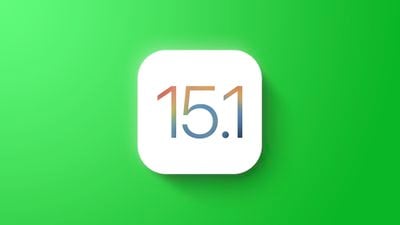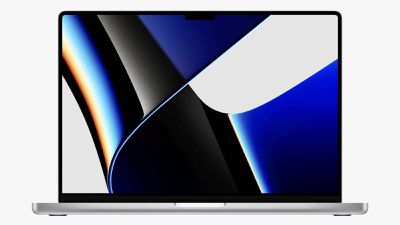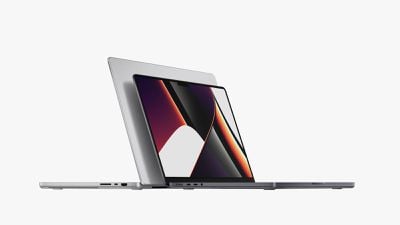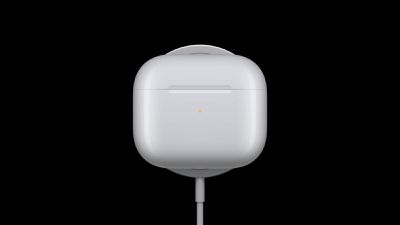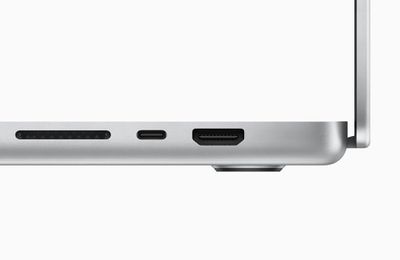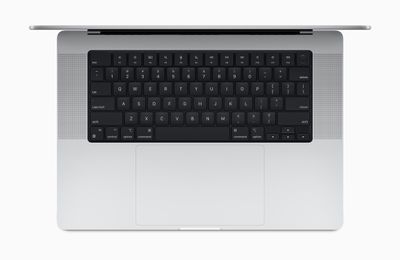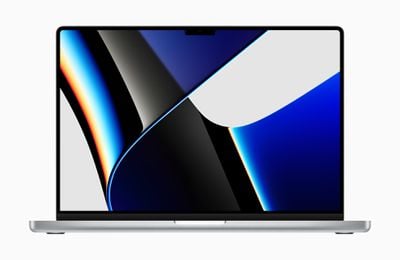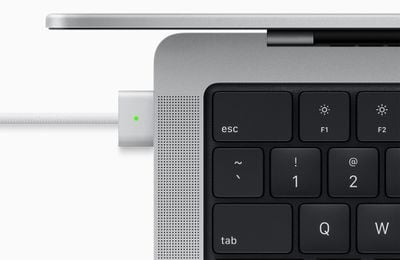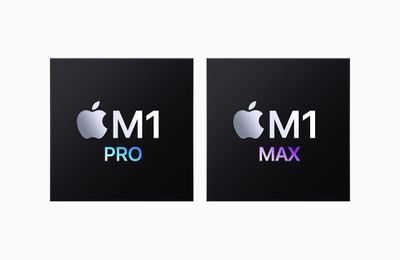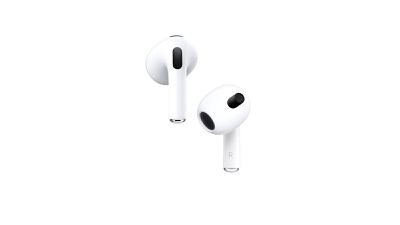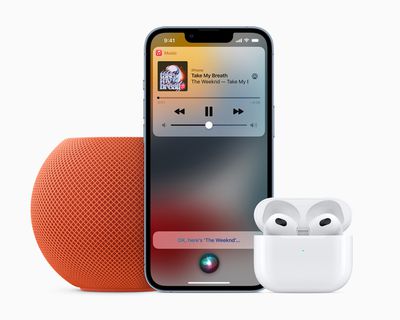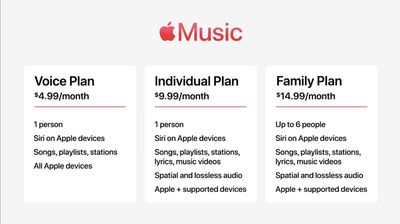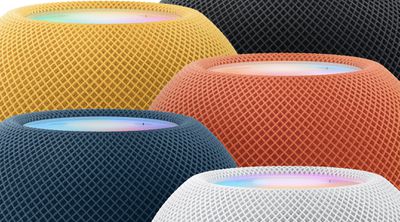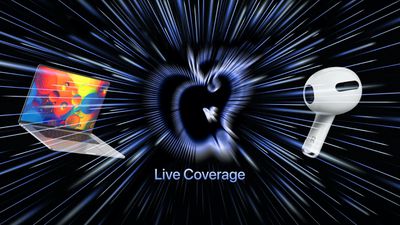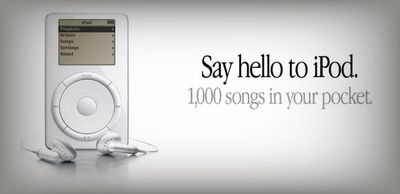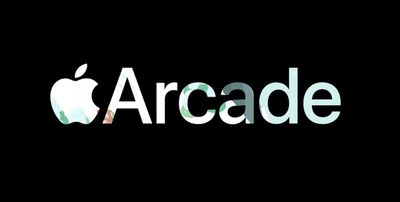Apple today seeded the release candidate version of macOS Monterey, the newest version of the macOS operating system. The release candidate comes less than one week after Apple released the tenth macOS Monterey beta.

The release candidate is listed as version 12.0.1, presumably because Apple has made a few tweaks since 12.0 started being loaded onto the new MacBook Pro models, so the official release version made available to everyone on Monday and as an update for new MacBook Pro owners will be 12.0.1.
Registered developers can download the beta through the Apple Developer Center and once the appropriate profile is installed, betas will be available through the Software Update mechanism in System Preferences.
macOS Monterey will bring Universal Control, a feature that lets a single mouse, trackpad, and keyboard be used across multiple Mac or iPad devices, plus there's a new AirPlay to Mac feature. Safari has been redesigned with a new tab bar with a toggle for two different designs and support for Tab Groups, and FaceTime has gained spatial audio, a Portrait Mode on M1 Macs, and Voice Isolation for cutting out background noise. There's also a new SharePlay FaceTime feature that lets Apple users watch TV, listen to music, and share their screens with one another.
Shared With You, a separate feature, keeps track of the music, links, podcasts, news, and photos that people are sent in Messages, highlighting it in the relevant apps. Notes has a new Quick Note feature for jotting down thoughts, and collaboration is easier with mentions and an Activity View.
The Shortcuts app from iOS is now available on the Mac, and Focus helps people stay on task by cutting out background distractions. There's an updated Maps app with a whole slew of new features, and with Live Text, Macs can now detect text in photos or provide details on animals, art, landmarks, plants, and more in images.
Mail Privacy Protection hides IP and prevents tracking through invisible pixels, and iCloud Private Relay keeps Safari browsing protected. There are many other new features in macOS Monterey, with a full rundown available in our macOS Monterey roundup. macOS Monterey is set to be released next Monday.


